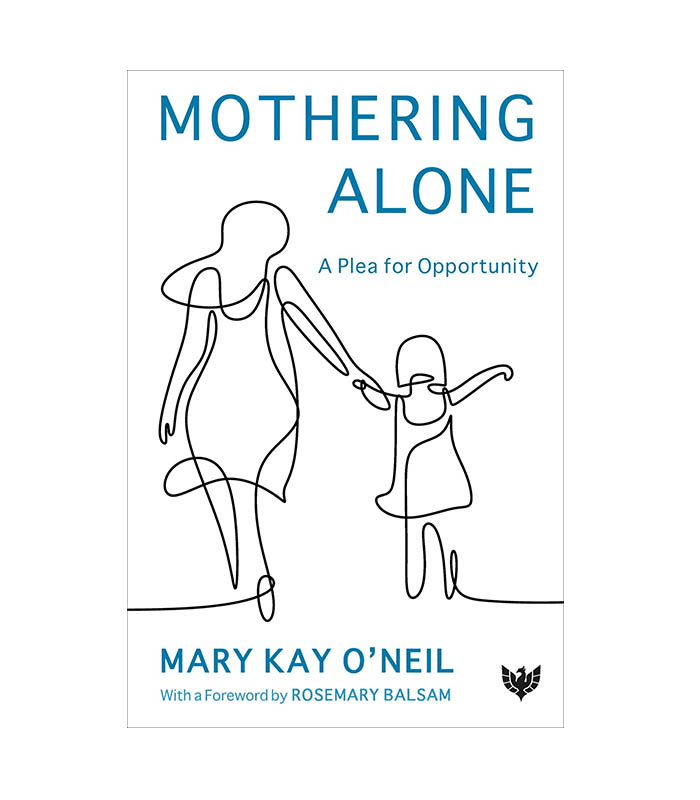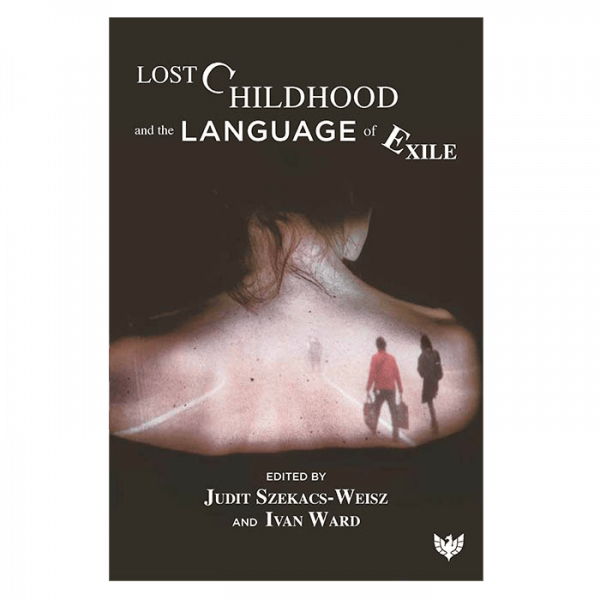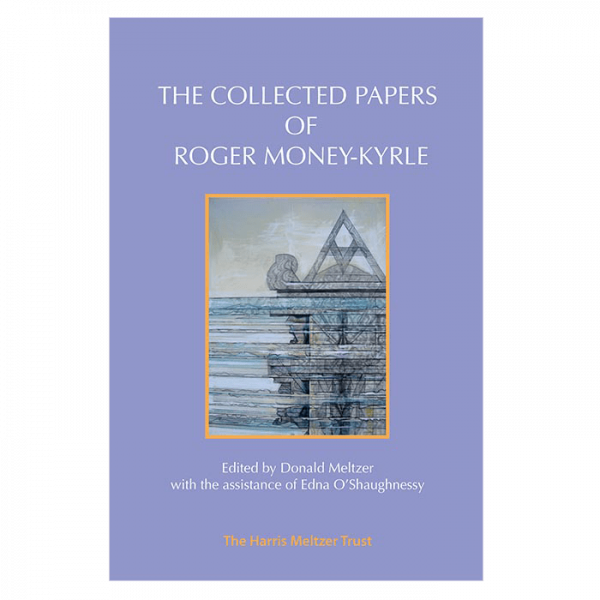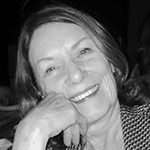‘The lives of women are inextricably linked to the well-being of children. If they are not educated, if they are not healthy, if they are not empowered, the children are the ones who suffer.’ (UNICEF report, 2006)
The study this book is based upon was of a pioneering facilitating programme enabling low-income mothers with little to no outside support to attend college or university. The women’s stories are told in their own words and are used to explore the importance of education as a way to improve their and their children’s lives. The book begins with an engaging Foreword from Rosemary H. Balsam, FRCPsych (London), MRCP (Edinburgh), Associate Clinical Professor of Psychiatry at Yale Medical School. Followed by the author’s introduction, the book is then split into three parts. Part I sets the background of the study itself and of Western societal attitudes towards single mothers over the centuries. Mary Kay O’Neil also investigates common maternal tasks, the effect of parental and relational experiences, the life impact of becoming a mother, and the various influences on the decision mother alone. Part II considers the characteristics basic to effective mothering: resilience, autonomy, and caring. In the light of the author’s interest in women’s development, Part III explores the psychodynamic understanding of mothers alone without resources, and outlines society’s role in providing the opportunity for them to become successful mothers. The parts are followed by an Afterword to summarise what was learned through the women’s generous openness and to suggest societal improvements for increased opportunity. The book closes with two Appendices. The first tells the story of O’Neil’s mother, who also mothered alone. The second delivers the research findings of the study for those interested in learning more. This clearly written book underlines the UNICEF statement above and does much to engage with the debate on support for those most vulnerable members of society.






Adrienne Harris, New York University –
‘This carefully argued and deeply moving book gives a powerful picture of the challenge to women electing to raise a child on their own. Many personal elements in a woman’s life make a difference: education, resources, intergenerational support, and, perhaps above all, personal resilience, and psychological strength. Mary Kay O’Neil’s work here also makes a clear case for the need for serious and deep social supports. Mothering alone works best in cultures that provide supports in respectful and deeply compassionate ways. This is a book to learn from, whether the reader is a clinician, a teacher, a parent, or a bystander. Mothering alone is daunting work that needs all our support.’
Joseph Fernando, MPsyc, MD, Director, Toronto Institute of Psychoanalysis –
‘This excellent book on mothering alone centres on the author’s interviews with women from a program that gave single mothers and their children help with lodging and education. The voices of the women shine through and illuminate many facets of the experience: social and economic aspects, family and traumatic issues, resilience, and much else. Skillfully interwoven with these moving comments are examples from clinical practice and literature, and discussions of the biological, psychological, and social aspects of mothering alone. This impressive book has much to offer anyone with professional or other interest in the topic of mothering alone.’
Dr Julian Stern, FRCPsych, Consultant Psychiatrist in Psychotherapy, psychoanalytic psychotherapist, and formerly Director of Adult and Forensic Services, Tavistock and Portman NHS Foundation Trust, London –
‘Mary Kay O’Neil, a psychoanalyst with a background in social work and psychology, describes her research in a Canadian programme designed to help those “mothering alone,” and combines these research findings with her own deep understanding of psychoanalytic literature, focusing on (amongst other topics) infant and child development, the development of sexuality, the female psyche, the pain(s) and pleasure(s) of pregnancy , childbirth, and of adults remaining together and separating.
‘The text is richly illustrated by fictional and factual accounts from literature and film, as well as from her own psychoanalytic clinical practice and her research interviews. Always respectful of the multiplicity of influences which can help or hinder healthy growth, she focuses on what helps, what is needed, what are the factors which can allow a mother to care for her child, to allow them both to flourish. There is hope everywhere in this book, but the hope is not naive or trite, it is a recognition of the powers of resilience, autonomy, and the capacity to care even under extremely difficult circumstances.
‘Subtitled “A plea for opportunity,” this volume makes a strong case for the importance of attending to both internal and external factors in order to give the best possible hope to mothers, their children, and those who will follow in future generations. This is a thought-provoking, compassionate, and important book which I can unreservedly recommend.’
Susan E Lang, retired judge of the trial and appellate courts of Ontario –
‘This important book gives a much-needed voice to the challenges faced by those who “mother alone.” Such mothers are often among the most vulnerable or marginalized members of our society. Frequently, they do not have the resources central to nurturing children effectively. Mary Kay O’Neil powerfully illustrates the need for and benefit of providing opportunities for mothers to develop those resources. A mother who takes the opportunity to improve her circumstances will also improve the circumstances of her children, and in doing so will benefit the future of our society. Mothering Alone: A Plea for Opportunity should be read widely. It is an important book for those whose work and interests touch on the lives of these families, including those involved in child protection, education, and governance. This book bears witness to the strength of women who parent alone, to their resilience, and to their courage and tenacity in trying to do their best for their families. Society must give these mothers opportunity to achieve that best.’
Jeanine Connor, psychodynamic psychotherapist, ‘Therapy Today’, March 2023 –
‘[This book] is an important contribution to the understanding of women (mothers and non-mothers), underpinned by psychoanalytic theory and woven with lived experience. I enjoyed it very much.’